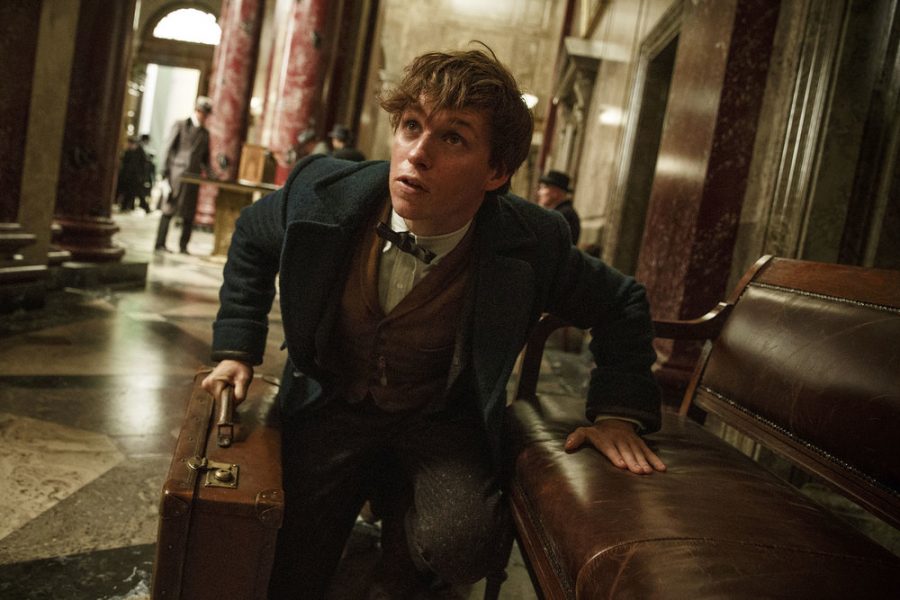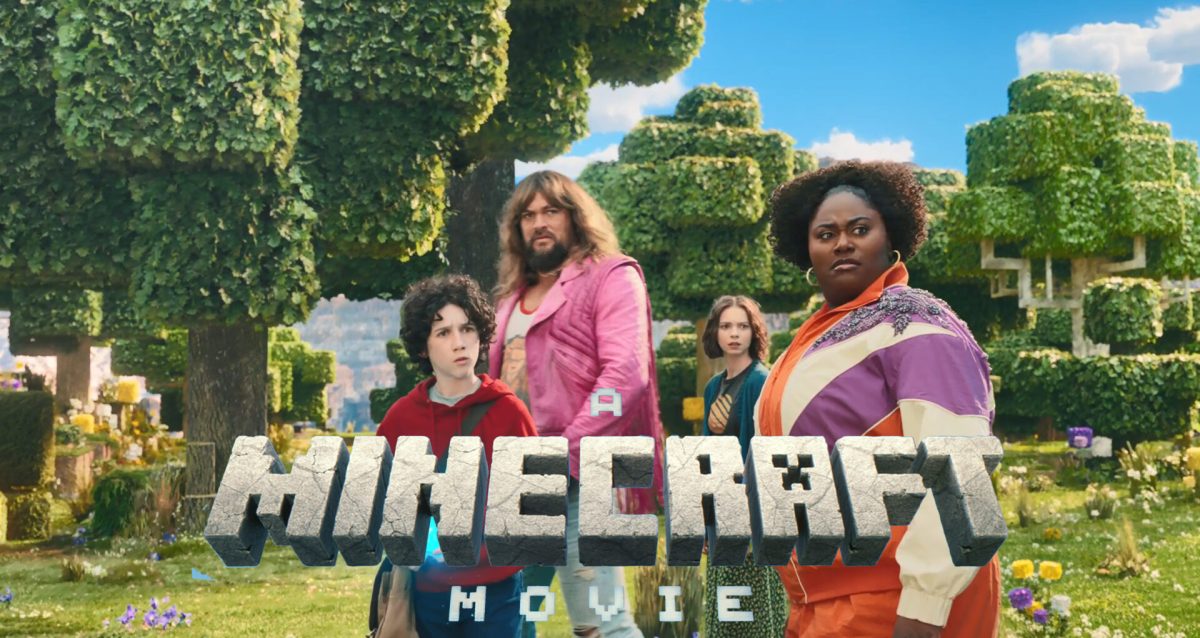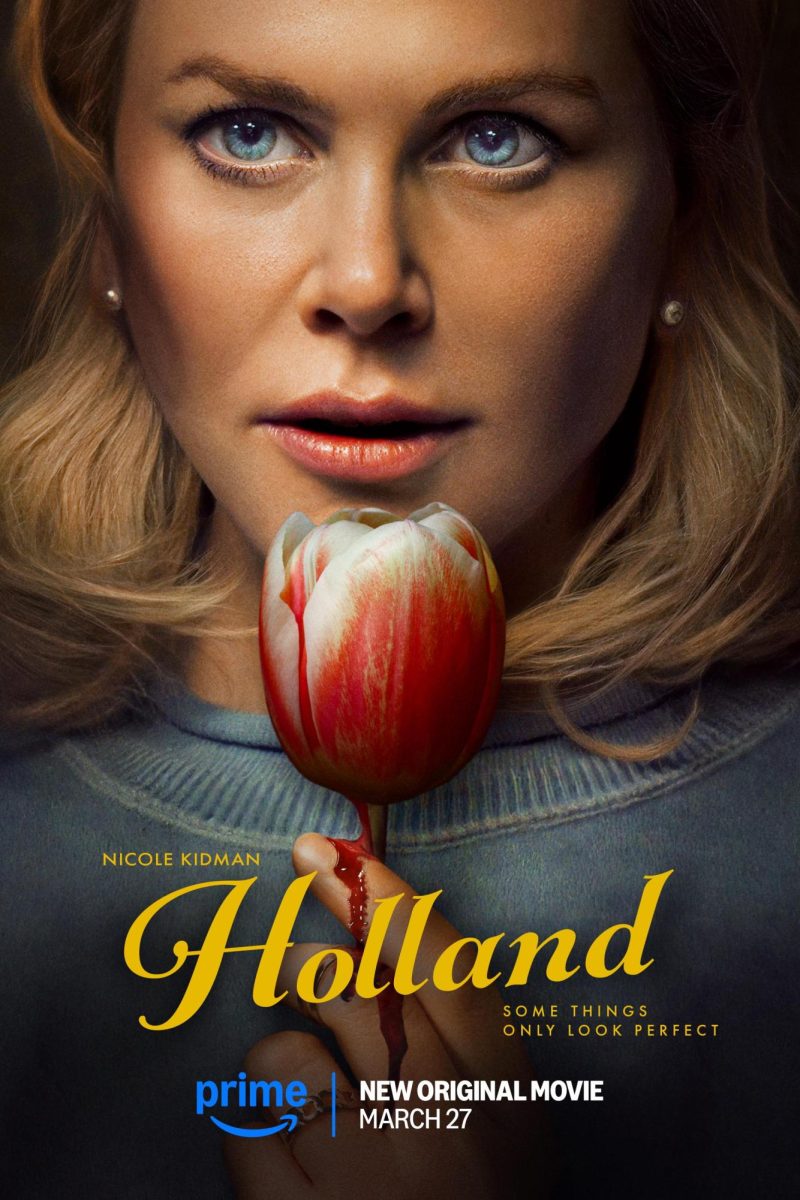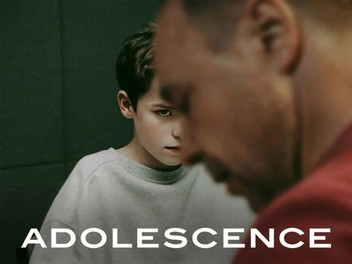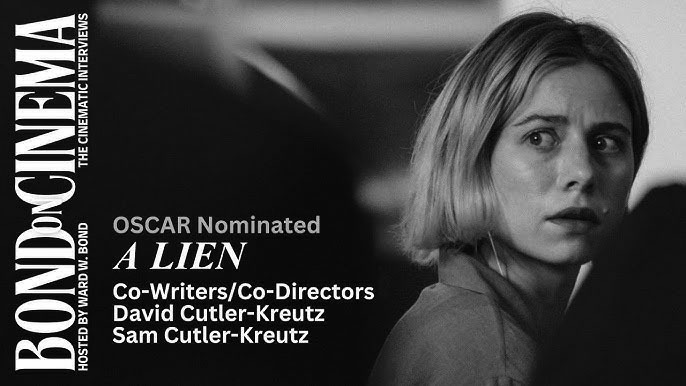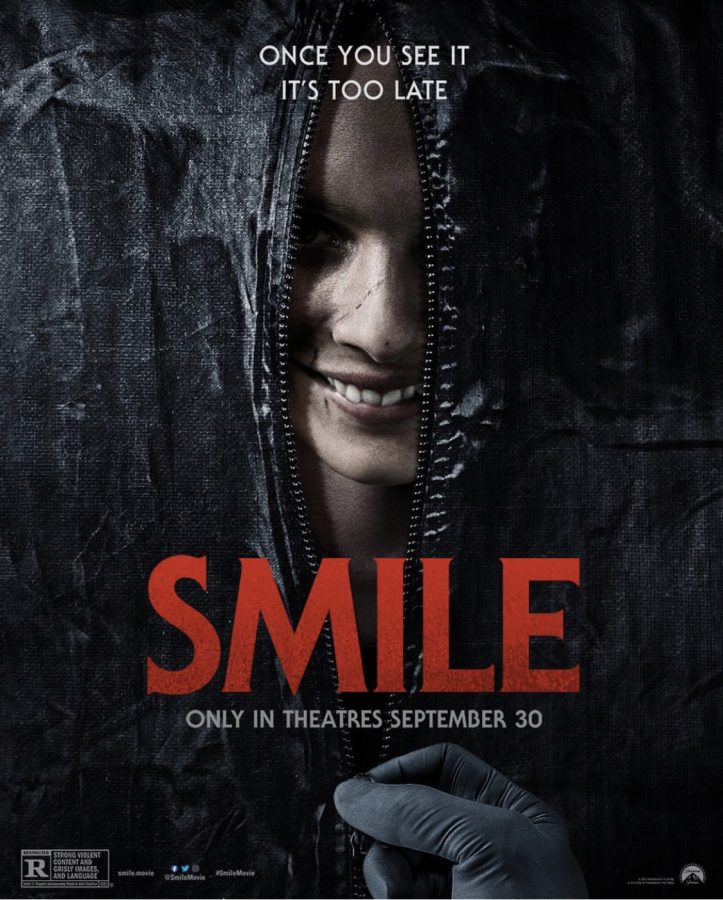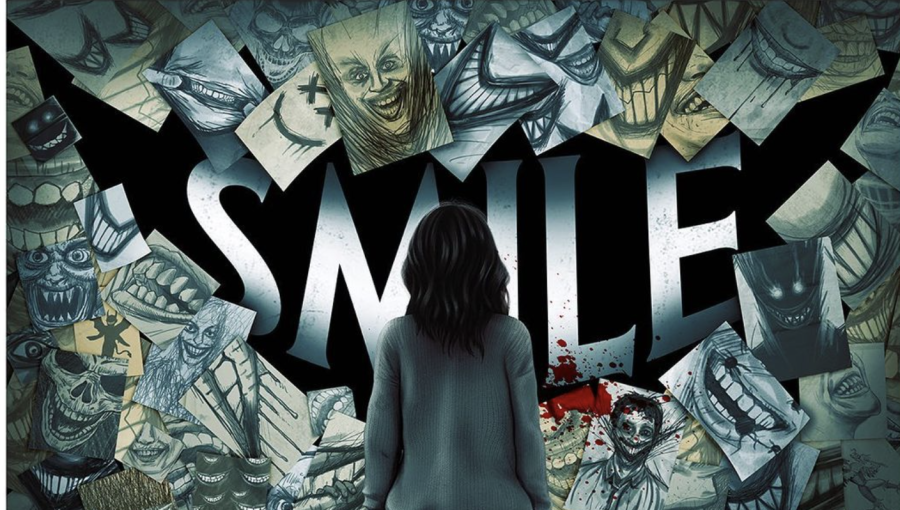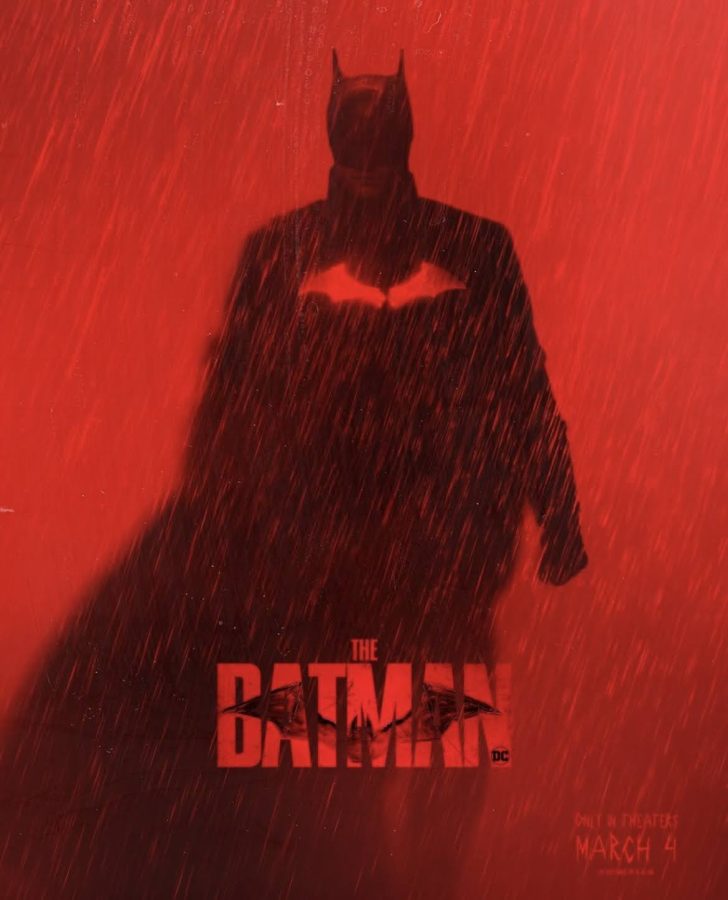The Harry Potter franchise is considered by many to be one of the tent pole
franchises in film, joining the ranks of Middle Earth, Star Wars, and Marvel. Yet
unlike a franchise, such as Star Wars, in which the films are the original works,
the Harry Potter series was based off a finite number of novels that together told a
seven book long story; every millennial remembers reading the Harry Potter
books and watching the movies. Warner Brothers did an excellent job at
capturing the magic of JK Rowling’s novels while allowing us to grow up with
Harry, Ron, and Hermione. The Harry Potter films also successfully transitioned
from the first few films, which portrayed the magical joy of Hogwarts to a darker
focus on the politics of the wizarding world that culminate in a war in the last few
films. From 2001 to 2011, we got a full spectrum of the wizarding world. Set
designs were elaborate, as well as top of the line special effects that brought
dragons and house elves to life. Yet being based off of a finite number of novels,
the Harry Potter series came to an end, and Warner Brothers’ most profitable
film series was no more.
Flash forward five years in 2016, and Warner Brothers has clearly been
struggling to solidify its franchises. Disney has done a great job in running both
the Marvel and Star Wars franchises, keeping them fresh and entertaining while
bringing in billions of dollars. Warner Brothers, on the other hand, has not had
the success they thought they would launching the DC film universe, with both
Batman v Superman and Suicide Squad not reaping the expected returns or
critical reactions they had hoped it would. So, Warner Brothers returned to the
one franchise that had always brought in profit as well as produced quality films
in Harry Potter, and set forth plans for a prequel to Harry Potter based off a
fictional textbook used at Hogwarts. With all previous films being so beloved, the
prequel Fantastic Beasts had to be a good film, right? Unfortunately, that is not
the case.
Set in the 1920s, Fantastic Beasts takes place in New York City. Eddie
Redmayne, known for his roles in Les Miserables and The Theory of Everything,
for which he won an Oscar, plays Newt Scamander, a zoologist in the wizarding
world. Coming to America to find more beasts for his collection and studies, Newt
gets mixed up with Jacob Kowalski, a muggle, or nomaj as they call them in
America. Jacob takes Newt’s case, which contains all of his beasts. This is through
Tardis like magic that makes Newt’s case bigger on the inside. Jacob mistakenly
opens the case and unleashed a grand total of four beasts in New York City,
already disappointing the expectation of a showcase of magical beasts. While the
beasts are on the loose, the American governing body on magic, MACUSA, is
dealing with the threat of Grindelwald, who was the Voldemort of the 1920s and
aimed to destroy order in the wizarding world.
Fantastic Beasts is an absolute mess. While it is nice to return to the
wizarding world, this does not feel like the same universe we came to love in
Harry Potter. For the first film, the production crew built very elaborate sets to
recreate Diagon Alley and the Hogwarts Castle. In Fantastic Beasts, nearly every
background feels stale and placid, clearly generated by green screen. On the
visual effects, several shots are just awful and feel like B movie CGI. While visual
effects do not make or break a movie, one can expect state of the arts effects from
a Harry Potter movie, especially one that costed $180 million dollars. The beasts
from the Niffler, who is nothing more than a CGI rendition of an Earthly echidna,
to the Erumpent, a horned hippo, do not appear to be anything more than they
are, which are CGI created animals that do not blend with the characters at all.
Fourteen years ago, Harry Potter and the Chamber of Secrets did a better job
animating Dobby the house elf than any of the creatures seen here. In a movie
called Fantastic Beasts, one would expect to see more than four poorly conceived
animals.
Rather than focus on the beasts and Newt’s story, the film takes an
annoying turn and also focuses on the politics of MACUSA. Yet instead of going
full social allegory, the narrative merely teases at what is to come in future
installments with the defeat of Grindelwald. This ties into a larger problem with
franchise movie making. Seen also in The Amazing Spiderman 2 and Batman v
Superman, it can be disastrous when movies aim too much to set up narrative
arcs in future films without leaving a satisfying story in the current film. The
surmise of Newt’s story is his case opens for unclear reasons (narrative
convenience) and he spends an evening with friends chasing them down. None of
the beasts are even destructive or pose a danger, and the chase to get them is
supposed to be a fun romp, yet instead just seems like a waste of time.
One of the most hated films of all time is undoubtedly The Phantom
Menace. What was promised to be a return to Star Wars ended up being an
exploitation of CGI and cheap fan references to simulate quality, while in the end
The Phantom Menace was little more than a cash grab to capitalize on the
success of the original Star Wars. The exact same scenario is seen here with
Fantastic Beasts. With lazy visuals, messy writing, below adequate acting,
including Redmayne, Fantastic Beasts adds another disappointing franchise
start up to 2016’s disappointments. JK Rowling says she wants to make five more
films in the franchise. That is very easy and tempting to say when each one gets
her a pay check of millions of dollars, yet whether she should or not is the true
question. Harry Potter and the Cursed Child showed that perhaps Rowling has
succumbed to greed and ego, as George Lucas did when he treated his properties
as holy and thought the name alone could make an entertaining product.
Director David Yates put out The Legends of Tarzan earlier this year in the
summer. While a decent film, it did not feel fully fleshed out, as Yates rushed
Tarzan to get to Fantastic Beasts. Clearly, he should have spent more time on a
solid direction rather than making two unsatisfying films. Perhaps Yates is
Rowling’s puppet. There is a reason Rowling did not write the screenplays for the
Potter films based on her books. A novel and screenplay are not the same.
Regardless, it will be interesting to see if Fantastic Beasts turns into a successful
franchise given the disappointing nature of the first film.



